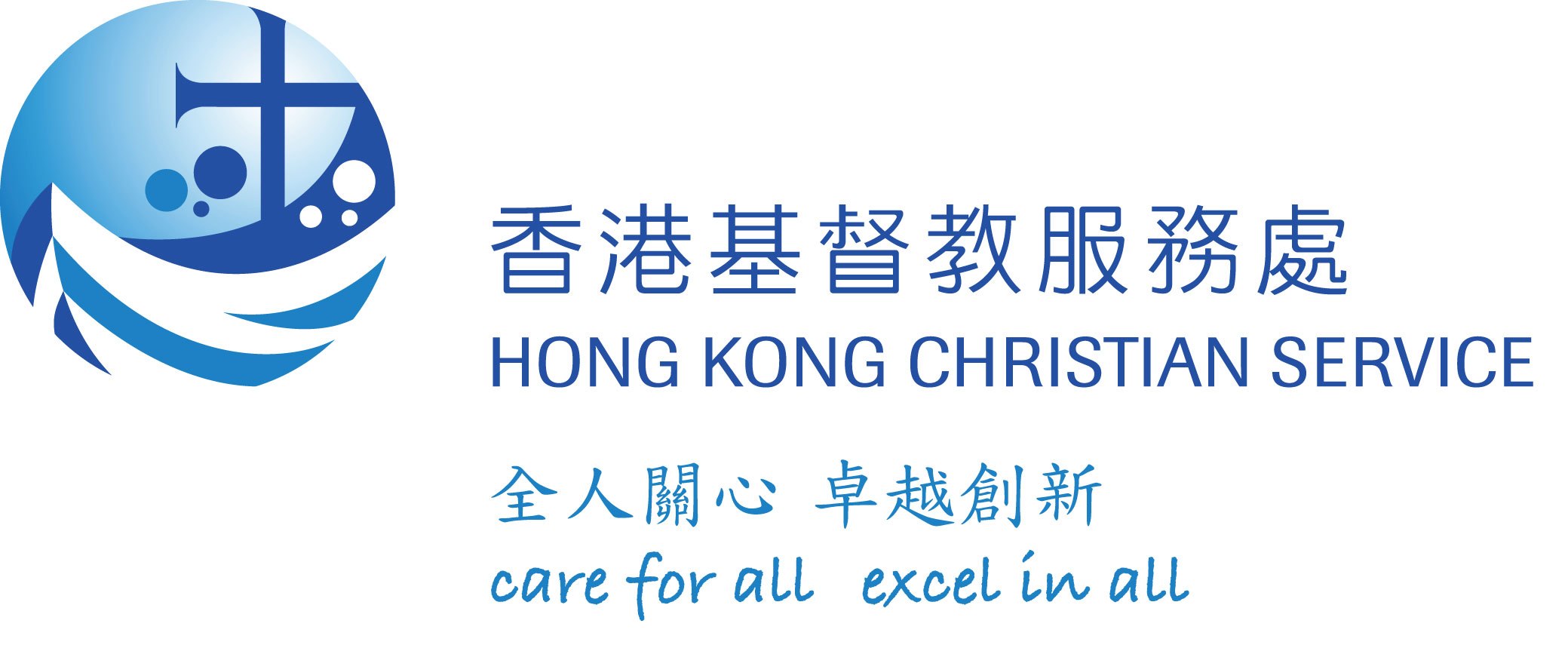Starting from the 2018-2019 school year, our school has been advocating “free play”, which is a behavioral activity induced by children’s intrinsic motivation. It emphasizes children’s autonomy and freedom to participate in play that is not bound by rules or pre-determined goals set by adults. Children are allowed to design their own games according to their life experiences, so that they can express their feelings and explore things around them and construct new knowledge and skills through the process of free play. Children are encouraged to choose their tools, methods, playmates, and activity areas during “free play”. They are expected to develop creative, problem-solving, and adaptive skills, as well as express emotions, build self-confidence and promote social development through free play. Furthermore, post-play feedback enables children to consolidate their new knowledge and skills and to learn how to review and correct their mistakes in the learning process.
Our school has incorporated Montessori Education strategies to enhance the mathematics curriculum for children aged 2-6, and to promote sensory learning, while complementing the school-based mathematics curriculum with the functions and learning objectives of Montessori teaching materials. The classroom has been set up to meet the requirements of the American Montessori Society (AMS), this includes five main areas: practical life, sensorial, mathematics, language and culture. The teacher who lead the program has completed a dual Master’s degree program in Montessori Education and has become internationally recognized certified AMS teachers. She work regularly with the children in the classroom to promote active exploration and interest in learning, thus developing our children’s independence, concentration, coordination and problem solving skills.

 繁體中文 |
繁體中文 |  ENG
ENG






















